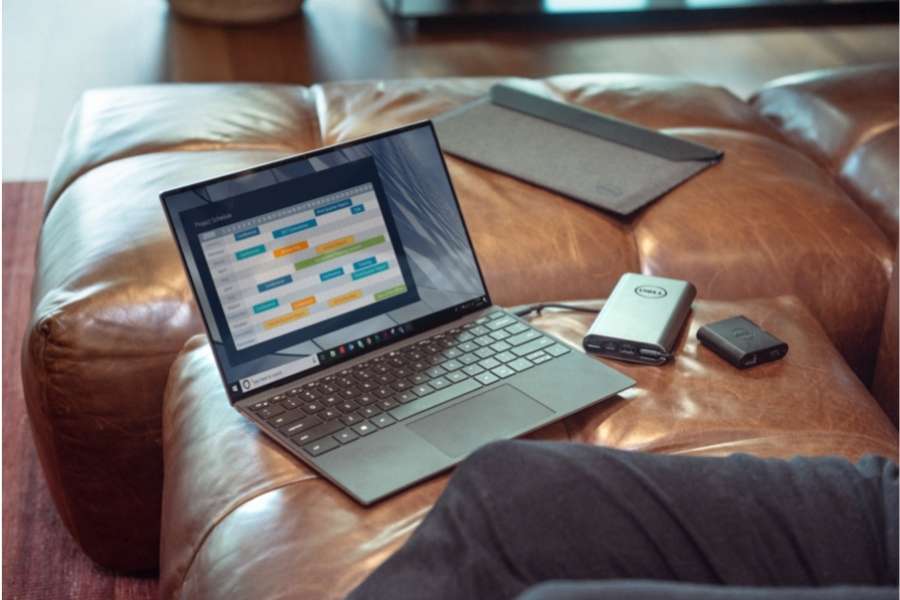Throughout our time in education, we will sit countless exams from SATs to GCSEs and A-levels to university exams. During these years I am sure we have all acquired our own unique way of studying, whether that be cramming two years’ worth of content the night before or making revision resources after every lesson. For the majority of us students, I am sure that our methods of student study planning have not changed much over the years due to our tendency to be creatures of habit. However, as a student who is going into the final year of their degree, I have rethought my methods of student study skills to create a study plan that is not only effective but also concise.

Resources
I am sure many of you have heard time and time again about the importance of revision resources and how these are vital to achieving those top grades. These are usually the first step in preparation for exam season and so it is essential that we can create the most succinct yet informative materials. Personally, I found the best time to create revision resources was after you completed a topic as not only does it provide a manageable pace to ensure you do not become overwhelmed with the amount of information you need to know, but also it reduces the chance of having a stack of revision resources as high as your original notes. Remember to use your specification/ learning objectives as a checklist for what information you need to know.
Now I am not going to sit here and tell you what the best student revision resource is, as frankly there isn’t one; it all depends on how you retain information. However, I am a firm believer in the process of active recall. Active recall is the process of stimulating the brain to retrieve information, this differs from passive recall as it helps you identify what information you have firmly grasped and what areas need more work. A few ideas which engage the process of an active recall are mind maps, flashcards and Feynman’s technique.
Mind Maps
They can be a great way of breaking down a topic into smaller chunks and thus allowing links to be made between different concepts. Once you have condensed a topic onto a mind map under different sub-headings, write a list of the subheadings and use these as a prompt to blurt out as much as you remember from the mind map.
Flashcards
As for these, these are the simplest form of revision as they have a question on one side that engages your mind to recall the answer before checking whether it is correct. There are many online resources that allow you to create flashcards, which is great as not only are you saving paper but also you are less likely to lose them.
Feynman’s technique
Finally, Feynman’s technique involves you assuming the role of a teacher and teaching the topic to someone else, if you are confident in explaining it you most likely get it. This is a great way of revising as part of a group or with someone else, therefore, making the revision process a little less daunting. And of course, the most vital revision resource is past papers- they allow you to get a sense of what is expected from you in the exam and paired with the mark scheme they enable you to know how marks are allocated. No matter what subject your exam is in, be sure to complete a few past papers beforehand- initially you can try completing them with your notes and as you get more confident shut your notes to emulate the exam environment.
Timetabling
Once you have got your resources made and it is drawing closer to exams it is usually helpful to outline a timetable. Now I am sure a lot of you students, like myself, have attempted to draw out a 6-week timetable which is known as a prospective timetable. However, this form of scheduling may not be the most productive way to revise for a number of reasons.
Firstly, it involves a lot of time to make such a timetable which may be a reason why we choose to do it as it allows us to procrastinate actually starting revision. But even once it is made and hung up on our walls the likelihood is that we won’t stick to it as it is virtually impossible to know exactly how your day will go weeks in advance. Also, the amount of work laid out in front of you can often feel so daunting that we are put off studying, which is the opposite of what we students need. Not only are there practical issues surrounding this form of timetabling, but it is also ineffective in helping us to learn content. By the nature of this timetable, it is a function of time; we split our time up based on the number of topics with our productivity being measured by how many hours of revision we have rammed into a day. Despite sitting at your desk for hours on end it may not necessarily mean we have grasped every aspect of the syllabus. By pointlessly repeating topics because that is what is written in our timetable you are unable to focus on your weak spots therefore we should be shifting our attention to a retrospective timetable.

A retrospective timetable is a function of topics as opposed to time allowing us to determine what areas are our weak spots and hence which topics need more attention. As opposed to making a schedule for weeks to come just try making one for a week or even a few days. Rather than setting a precise time to study each topic, just allocate the topics you wish to complete each day, providing you with more flexibility during your day. After having revised a topic, colour code it using a traffic light system - red for your weakest topics, yellow for topics that still need a bit of work and green for topics you are confident in. Therefore, when you come to plan your revision in a few days’ time, you can focus your attention on the weaker topics. Repeat this process in the build-up to your exams and before you know it, you’ll be coding everything in green. A key point to remember is once you do seem confident with virtually every topic it is vital that you revisit topics that you were confident in towards the start in order to ensure you can still recall the information.
Take Care of Yourself
Having got the planning process out of the way, my number one tip for student study essentials is to make time to take care of yourself mentally as well as physically! Exam periods are one of the most stressful times of our lives with the constant anxiety of whether we will reach our own expectations as well as others. Whilst we can often succumb to guilt for not revising every minute of every day, the truth is you will perform your best when you are feeling your best. Yes, exams are important but so is your wellbeing and happiness so be sure to make time for the people and activities that you love.
Enjoyed this blog? Why not read: Top Brain Foods for Exam Season




